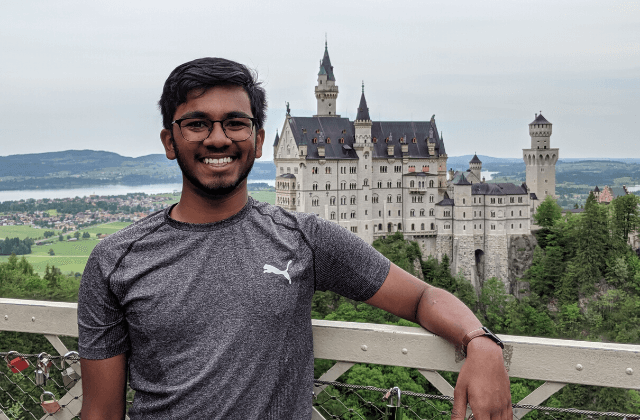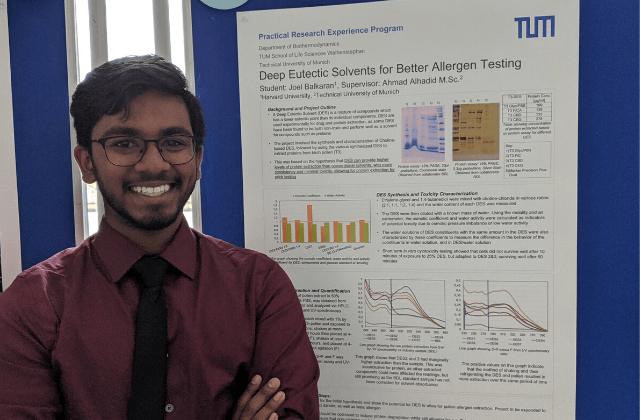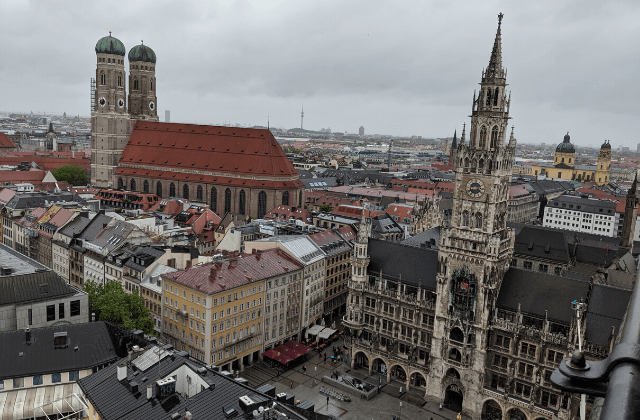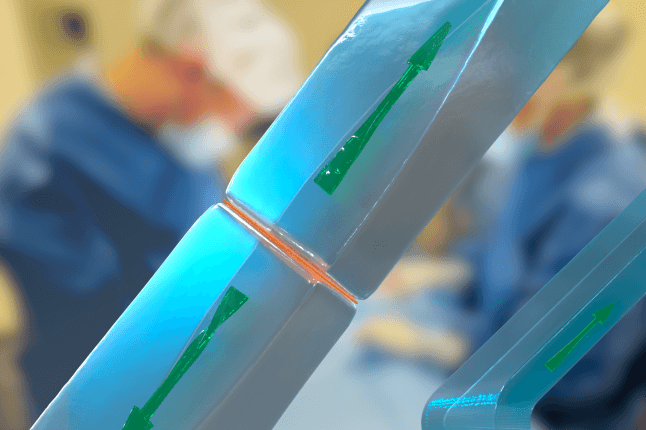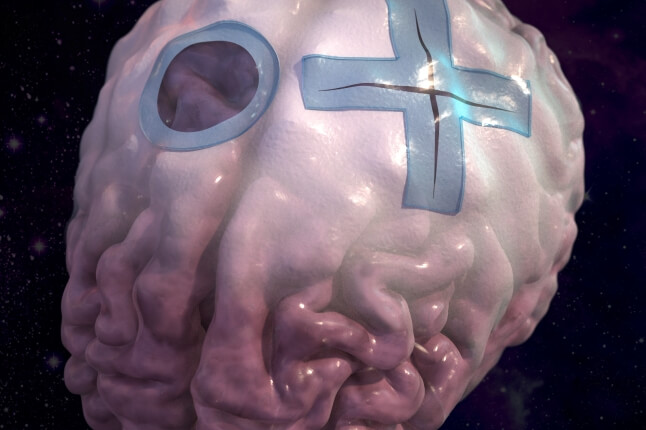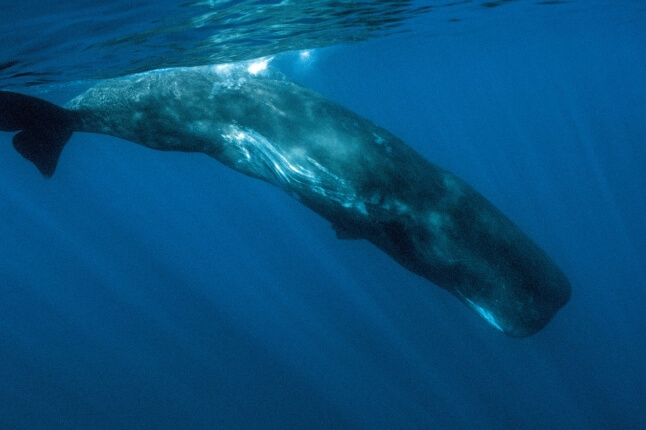News
NAME: Joel Balkaran
CONCENTRATION: Bioengineering
GRADE: Senior
HOMETOWN: Chaguanas, Trinidad and Tobago
HOBBIES: Ballroom dancing, watching soccer, playing the piano
FUN FACT: I used to play Scrabble competitively, something most people don’t know exists! Now though, I just love to play Bananagrams for fun.
Why did you decide to study bioengineering at Harvard?
I always knew I wanted to be in the medical field, but I realized I’m not a huge fan of the clinical side of it. I still wanted to be able to help with clinical treatment, so bioengineering was the perfect fit for me. It also draws on interests I have had since I was a kid, like building things.
How did you get involved in research at SEAS?
I was interested in a career in academia, but I had no idea how research worked, so I started reaching out to professors about working in their labs. After hearing back from some members of the Mitragotri Lab (Samir Mitragotri, Hiller Professor of Bioengineering and Hansjorg Wyss Professor of Biologically Inspired Engineering), I began working with Eden Tanner on ionic liquids.
I hadn’t heard of ionic liquids before, but they have shown a lot of progress in transdermal drug delivery. One of the main projects in the lab is the delivery of insulin across the skin. Diabetes is a huge problem back home in Trinidad and Tobago, so that project was really interesting to me.
Tell me about your research at SEAS.
I worked to optimize an ionic liquid. An ionic liquid is composed of two ions that don’t interact well together, so while it is a salt, it remains a liquid at room temperature. The particular liquid we studied is very good at transporting drugs across the skin, but it needs to be optimized for each specific drug. We carefully tuned the anion and cation, changing a few tiny things one at a time to find the optimal combinations for different types of drugs.
What were some of the biggest challenges of that research?
Developing lab skills had a steep learning curve, especially since I had never conducted research before. And a lot of the measurement techniques we used, like nuclear magnetic resonance, are very hard to pick up on because they involve very specific pieces of equipment that must be carefully calibrated each time. Only from experience did I learn that lab work is really slow. It is really hard to see progress on a day-to-day basis when you are just grinding through.
Why did you decide to enroll in the Practical Research Experience Program (PREP) at the Technical University of Munich (TUM)?
After having done the PRISE program (a residential summer research program) at Harvard, I received an email about other research opportunities, and the TUM PREP program seemed really interesting to me. There was a list of 90 projects students could work on, and one on deep eutectic solvents jumped out at me right away because they are very similar to the ionic liquids I had been working on.
Tell me about your TUM PREP project.
The project was very different from the work I had done here, but in a good way. I synthesized similar compounds to the ones I had worked with at Harvard, but I used different methods and learned a host of new synthesis techniques, like water content quantification and osmotic pressure measurement. And the project itself was really cool. I was working on a solvent that could extract allergens. For instance, if you would drop some pollen into this solvent, it would extract the pollen allergens and then you could use those to conduct allergy tests on people.
What did you enjoy about the lab experience?
Technology-wise, the university and the equipment were truly cutting edge. And the lab culture in Germany is very different than in the U.S. My lab mates were very friendly, outgoing, and social. We would all have lunch together every day and stop for afternoon coffee. I felt very comfortable there almost immediately, and that really enabled me to feel like I could reach out to anyone in the lab with questions.
What was it like to be immersed in a different culture?
I lived about 20 minutes outside of Munich, as I did my research at the campus of the TUM School of Life Sciences, but the city I was in had so much character. There were 40 students in the program, and we would all go out together to pub nights or to parks in Munich, and it was so much fun to see a completely different culture. Especially when we visited town fairs, which were held nearly every weekend throughout the summer. People would dress up in lederhosen, and there was music, food, and dancing. It was such a friendly and warm environment.
Why was the TUM PREP Program a good experience for you?
I now have a much better understanding of how liquids interact, and that will definitely help me with my thesis project, which involves developing a custom nanoparticle that will encapsulate hydrocortisone so it can be effectively delivered gradually through a patch on the skin.
But even more than that, working in a different lab environment where I was given more freedom and leeway really taught me to be independent and balance a number of different tasks to ensure that I meet deadlines. And personally, I had never been to Europe before, so living in Germany for three months and being immersed in the culture was an incredible experience.
What are your plans for after graduation?
I am planning to pursue a Ph.D., and I’ve applied for a few fellowships and graduate school programs. Teaching and advising is something I really want to do, but I also want to be able to impact the clinical side through research. I want to develop technologies, devices, and drug delivery methods that change the way we think about medicine, and make it more accessible and affordable, not just for people in the U.S., but for people in countries like Trinidad and Tobago. My end goal is to be able to take the knowledge I have gained in my field back to my home country, and pass it on to others there, through both research and teaching.
Topics: Bioengineering
Cutting-edge science delivered direct to your inbox.
Join the Harvard SEAS mailing list.
Press Contact
Adam Zewe | 617-496-5878 | azewe@seas.harvard.edu
